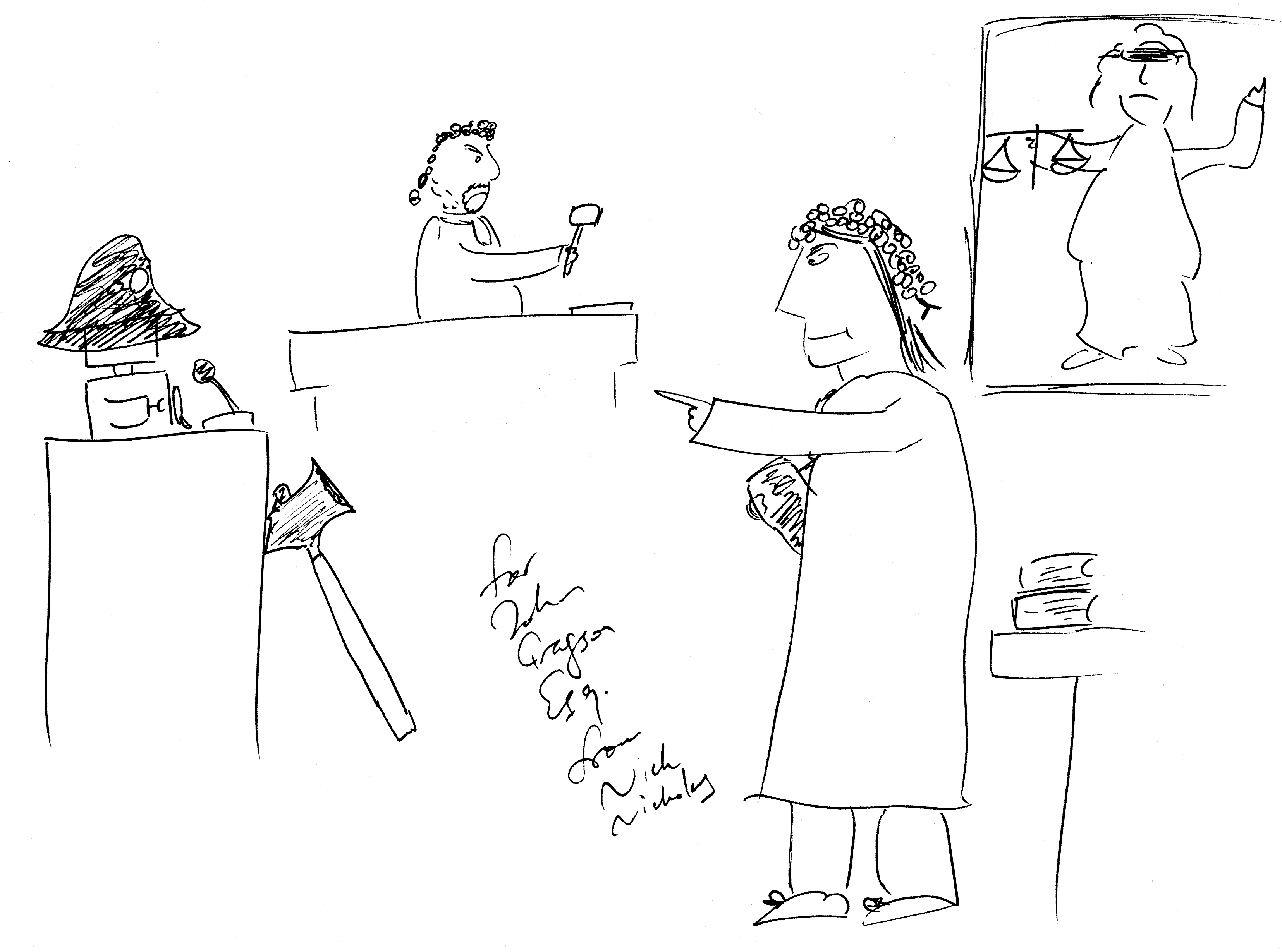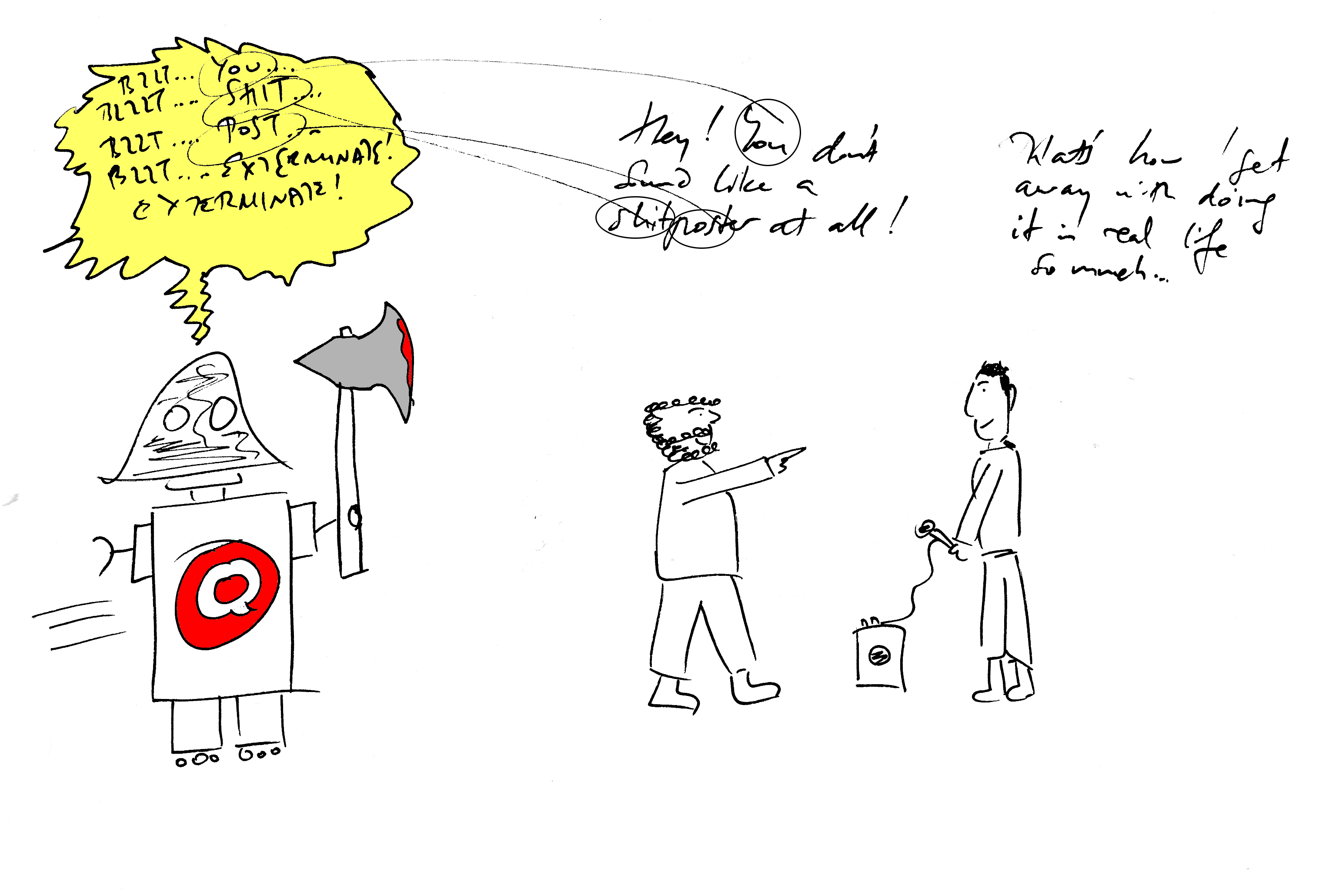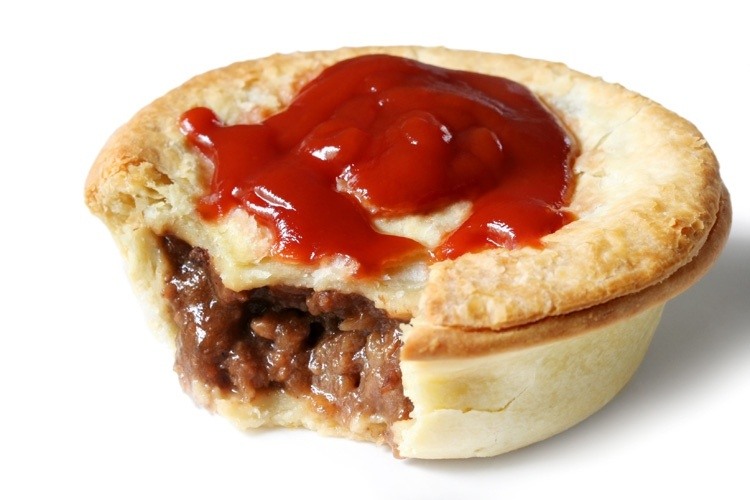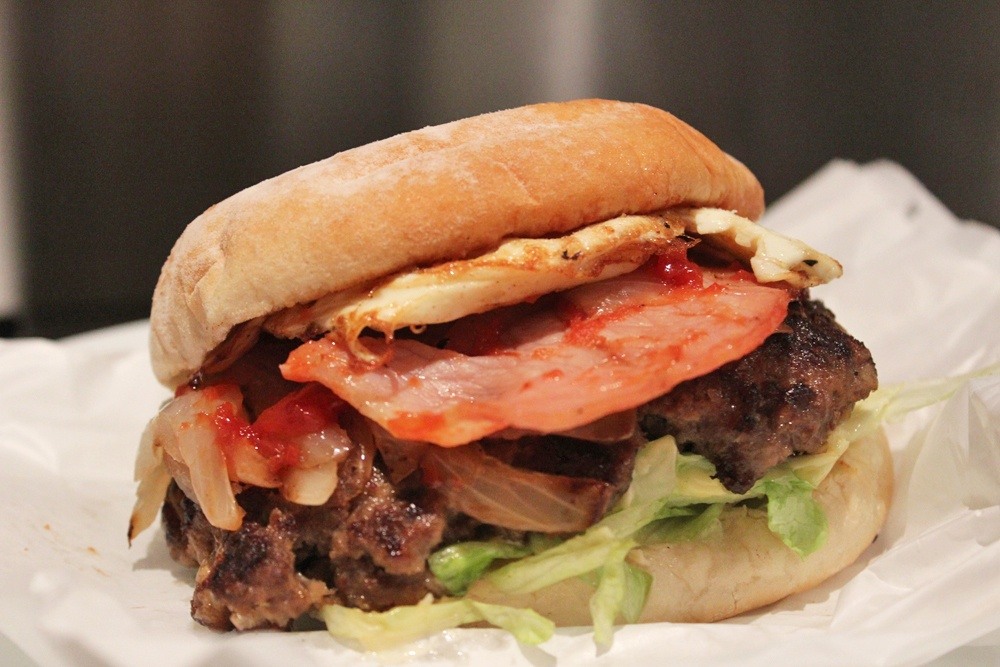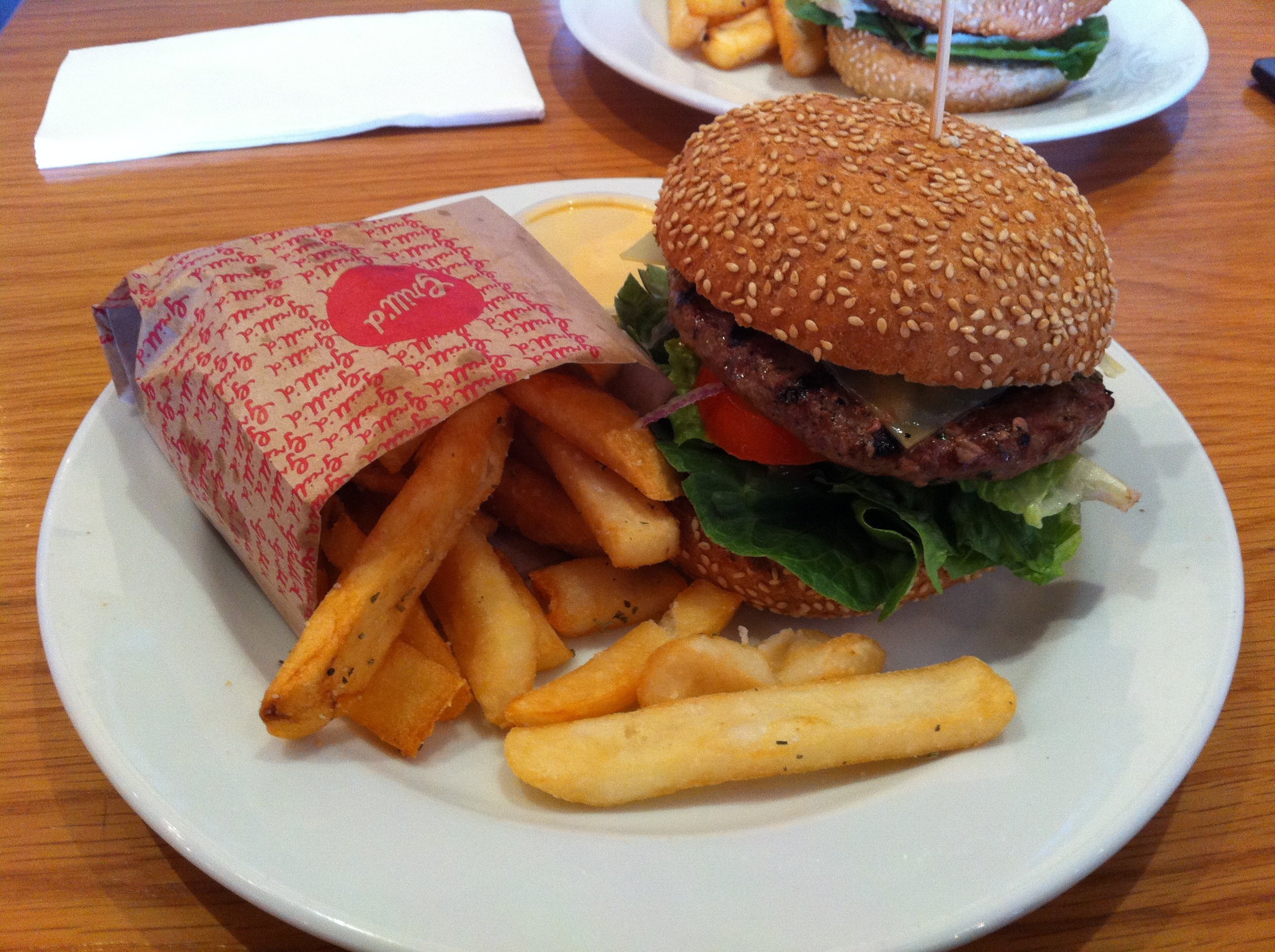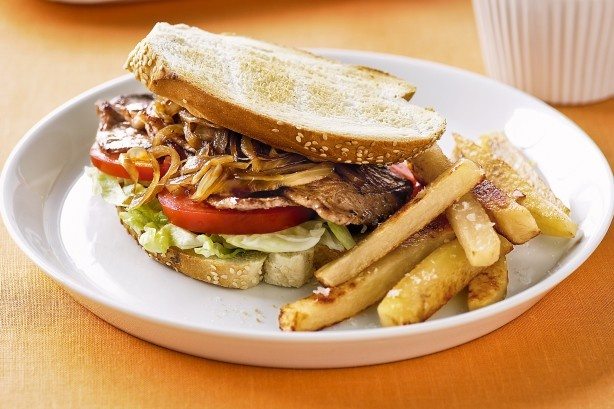An update in the listing of my favourite people on Quora since November:
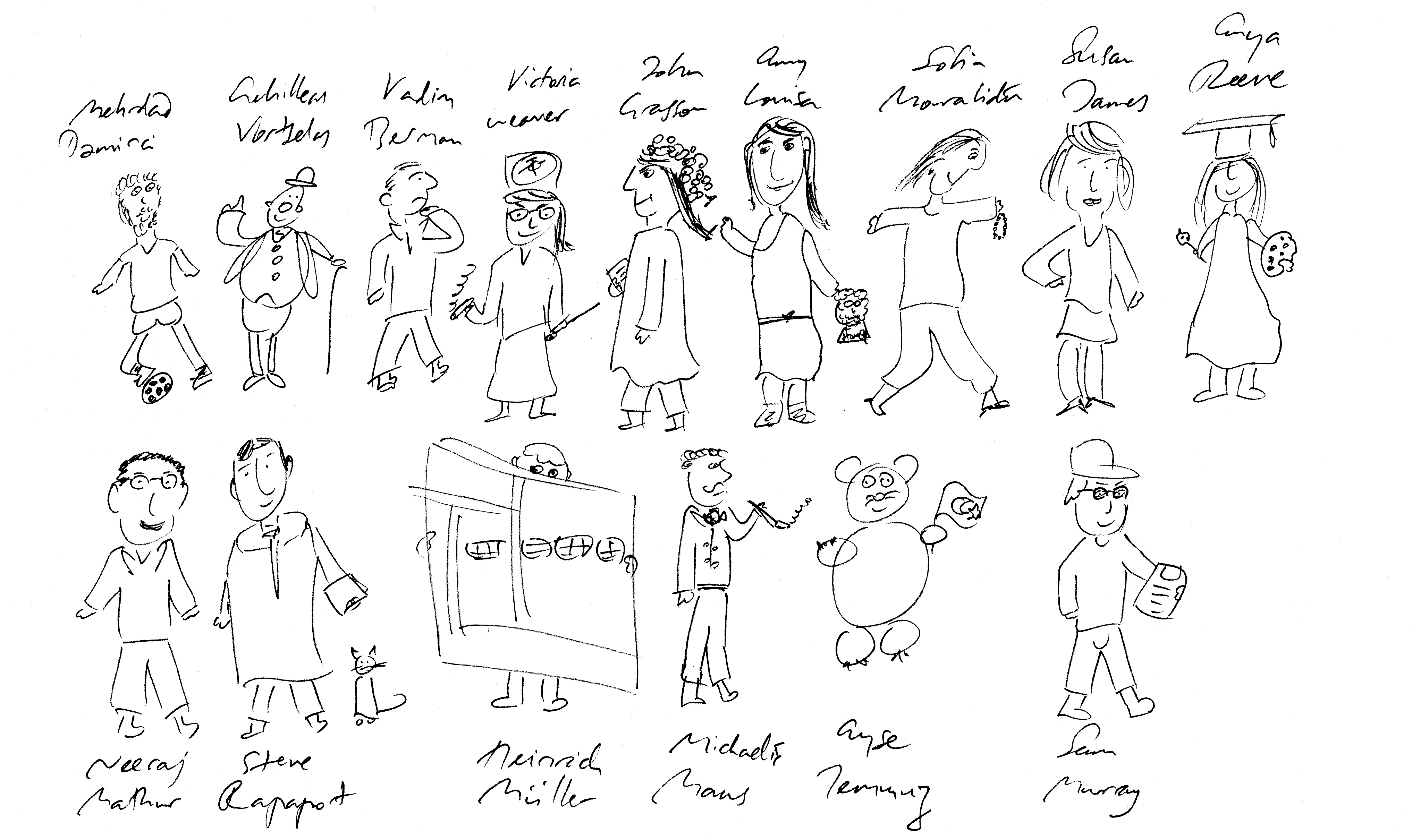
To Mehrdad Dəmirçi (keep the A2As coming, whether I know the answer or not), Achilleas Vortselas (too level-headed for a Greek, no wonder he was a mod!), Vadim Berman (if only we’d overlapped both on Quora and in Melbourne!), Victoria Weaver (Gustav Mahler says hello, grazhdanka Viktoriya), John Gragson (lay down the law, John), Amy Dakin (whose own Odyssey I’m honoured to follow), Sofia Mouratidis (Yalla tis!), Susan James (the peer review panel looks forward to more research updates), User (Anya of Lincoln, who shall shine even more than her language does), Neeraj Mathur (the learnèd historical linguist), Steve Rapaport (the learning historical linguist), Heinrich Müller (connoisseur of TV Tropes, as any true sociologist must be), Michaelis Maus (the nihilist terror), Ayse Temmuz (must not freak out about Afyonkarahisar, must not freak out about Afyonkarahisar), Sam Murray (confidant(e) in chief),
I love reading you, I love seeing you, I love bantering with you, and I love learning from you.
I love youse guys.




